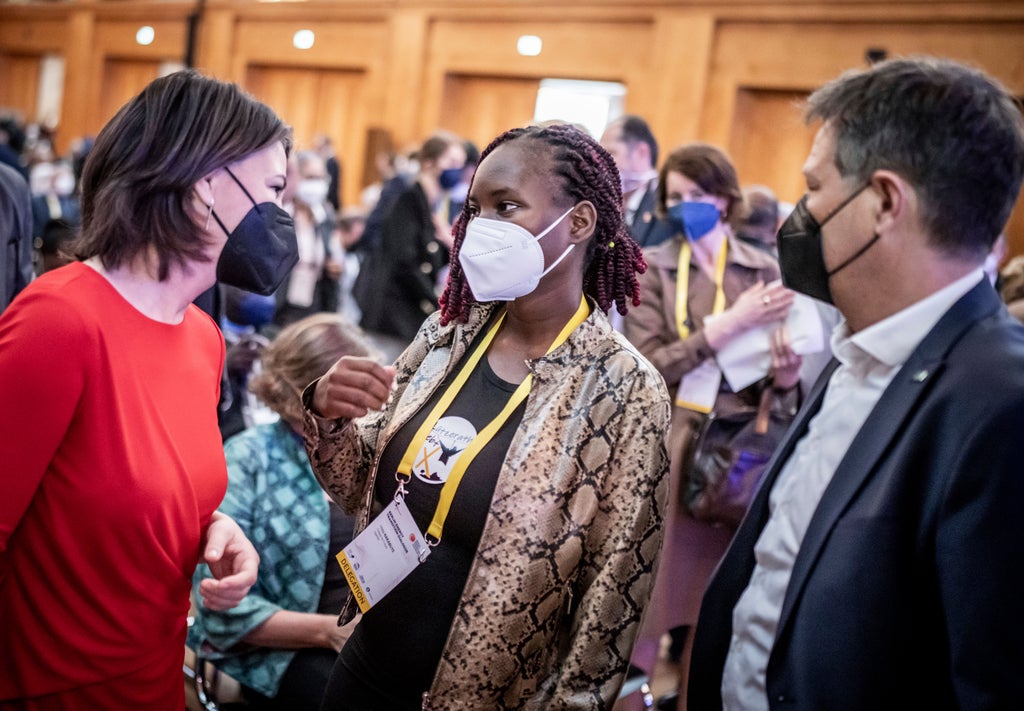
The world needs to take “radical action” to shift away from fossil fuels and ensure global warming doesn't pass dangerous thresholds, the head of the International Renewable Energy Agency said Tuesday.
The agency's 348-page report concluded that investments of $5.7 trillion in renewable energy are needed globally each year until 2030 to reduce emissions and meet the goals of the Paris climate accord. Currently those emissions are going up, not down.
“The energy transition is far from being on track and anything short of radical action in the coming years will diminish, even eliminate chances to meet our climate goals,” said Francesco La Camera, the director-general of IRENA.
Countries agreed seven years ago in Paris to limit global warming to 2 degrees Celsius (3.6 Fahrenheit), ideally no more than 1.5C (2.7F), to avoid potentially catastrophic consequences for the entire planet. A recent report by a U.N. science panel found that with temperatures already more than 1.1C above the pre-industrial average, billions of people around the world are vulnerable to impacts from climate change.
La Camera told an energy conference in Berlin that “not only the 1.5C, the 2C goal is really in danger if we don’t act and don’t make a dramatic change in the way we produce and consume energy."
Abu Dhabi-based IRENA suggested that investments of $700 billion should be diverted away from the fossil fuel sector annually to avoid creating wells, pipelines and power plants that can’t be used anymore.
This was echoed by U.N. Secretary-General Antonio Guterres, who called for an end to private sector financing for coal power, which surged to record highs last year.
“Lenders need to recognize that coal and fossil fuels are futile investments that will lead to billions of dollars in stranded assets,” he said.
With some countries ramping up domestic fossil fuel production amid energy price hikes and fears of supply shortages because of Russia’s war in Ukraine, Guterres urged governments not to delay the shift away from fossil fuels.
“The current crisis shows that we must accelerate, not slow, the renewable energy transition,” he said. “This is the only true path to energy security.”







